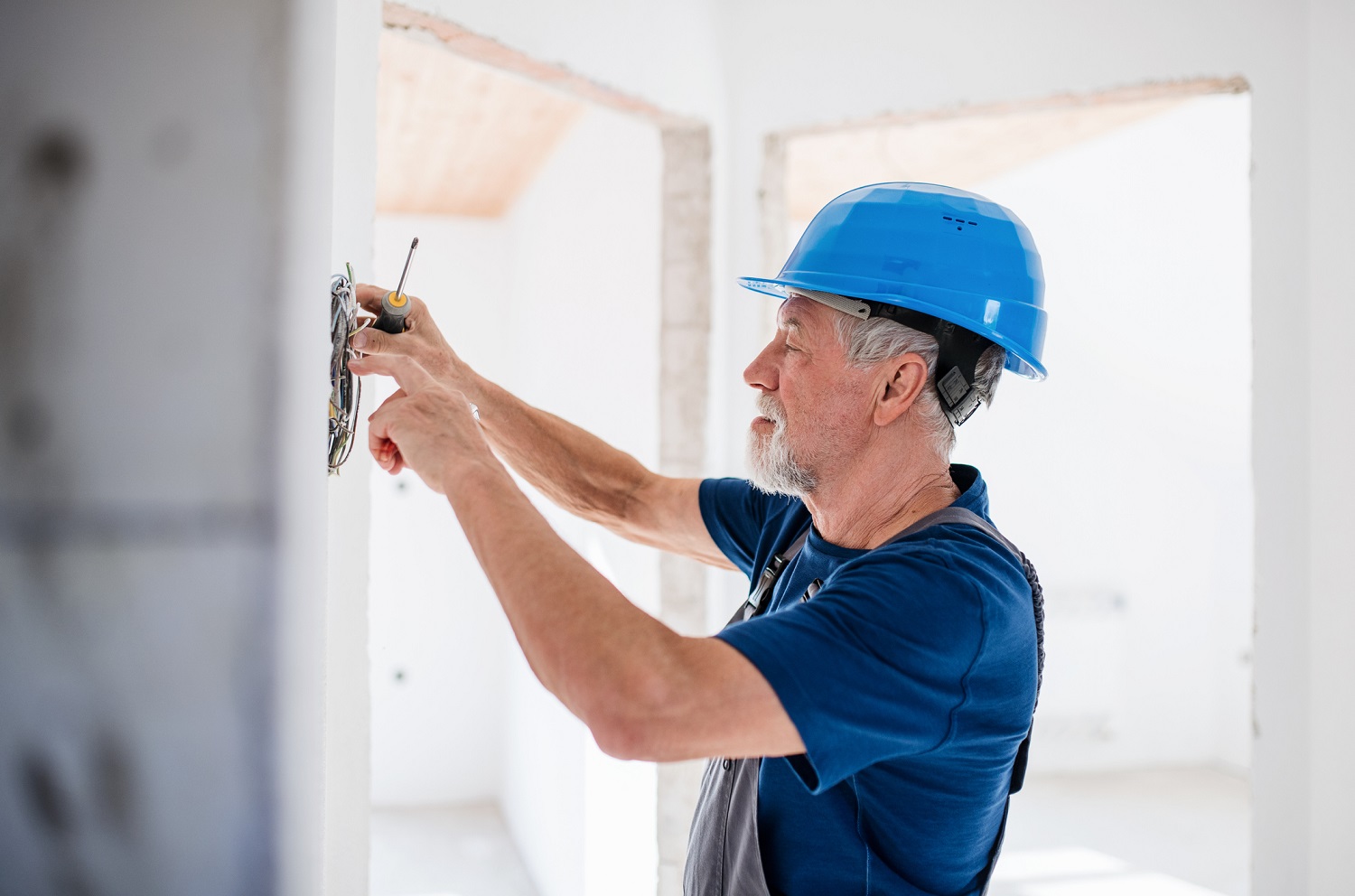
An attic inspection can confirm structural components, insulation, and home systems are all in order. Learn about attic inspection costs and what to know.
Don’t let a damaged pipe get you down in the dumps


Sellers are supposed to disclose any problems with their home, but issues can still occur.
Home inspections are essential, but they don't always find underlying issues.
Even brand-new homes can have things that can go wrong.
Buying a home can be a risky business. A house that appears to have "good bones" could have foundation problems, or the roof that seemed to be in good shape might spring a leak. While the seller is supposed to disclose underlying issues and a home inspector works to uncover others, here are some cases that might test your stamina—and your bank account—soon after you take ownership of a home.
This is an all-too-common issue for new homeowners, particularly those with brand-new builds: The AC or the heat conks out right when you need it most. One of the best things to prevent disaster is to keep current with all warranties for the HVAC system. Renew the service policy so a local HVAC repair pro can come to fix any issues or have the system replaced if needed. If you've got a new build, contact the builder to see if there's any recourse.

When it comes to wiring, copper is the preferred material because of its excellent conducting properties. But when copper costs shot through the roof in the mid-1960s to early 1970s, home builders used aluminum as a cheaper option. Because aluminum expands and contracts as you use electricity, connections can become loose and cause a spark, which can lead to a fire. If you have a house wired by aluminum, it's a good idea to have a top-rated local electrician rewire it with copper to avoid trouble.
Radon gas is odorless and radioactive, occurring naturally as uranium and radium decay in the soil. Radon is found in the soil of every state. And according to the U.S. Environmental Protection Agency, nearly one in 15 homes in the U.S. has an elevated radon level. Prolonged radon exposure can result in lung cancer. In fact, radon is only behind smoking as one of the leading causes of lung cancer.
Because radon emanates from the soil, it can affect any home, new or old. Test a home for radon, and if the levels are too high, the seller should pay for the cost of a radon mitigation system. If the buyer goes into contract on the home and radon is detected, state laws could make it difficult to cancel the contract without losing money.
A dripping faucet or toilet handle that sticks might not be such a terrible thing. But plumbing and sewer issues, like hidden water leaks in the walls or flooring that could gear up to cause mold and other damage, could become serious problems for new homeowners.
Your best line of defense is to call in a plumber to do a thorough check of your plumbing, drain pipes, and sewer lines. That leak might only be a trickle now, but leave it alone for too long, and it could become an expensive plumbing repair.
Typically, vertical cracks are signs of normal settling (especially in newly built homes), but horizontal cracks resulting from soil pressure could spell trouble. They're able to be patched over, but if the cracks grow over time—and they certainly can as the house settles—they can cause problems for the structure, framing, doors, and windows. Water can also penetrate the cracks in the foundation, which can cause flooding when there are storms.
Kitchen appliances are here to make our lives easier. But when they break down, it could be a real inconvenience. If there are brand-new appliances in the home you bought, make sure they have active warranties. If the warranty has expired, renew it. And if you have an older appliance, be prepared to be on the lookout for a new model in the near future.
Even a new roof could have problems because of shoddy labor or poor-quality materials. Roof damage isn't always obvious as missing tiles or sagging eaves, although those will certainly make you want to cross your fingers every time there's rain or wind in the forecast. If you buy an older home, have the roof inspected carefully to avoid tackling an expensive project during the first year in your new home.
Termites and carpenter ants are among the most unwelcome household guests because ant and termite damage can inflict heavily on a home. A seller should disclose whether there's any current or past pest-related activity. However, it's always possible that even the former owner wasn’t fully aware of any issues. As a home buyer, make sure to keep the home inspection as a contingency plan during the sales transaction to protect yourself against these types of issues.
From average costs to expert advice, get all the answers you need to get your job done.

An attic inspection can confirm structural components, insulation, and home systems are all in order. Learn about attic inspection costs and what to know.

If you’re buying a home, having an inspection offers reassurance that it’s in good condition. How much a home inspection costs varies depending on the home's size, age, condition, and location.

Drone roof inspection costs vary depending on the roof’s size, complexity, and material. Use this guide to budget for a drone roof inspection.

Certain issues found in home inspections require repairs. Learn what fixes are mandatory after a home inspection and who has to pay for them.

In a highly competitive market, you may wonder if waiving the home inspection is a good idea. Learn why it’s often not and what to consider before you do.

For buyers, knowing what an inspection contingency is means knowing your options. Learn about the implications of an offer that’s contingent on inspection.